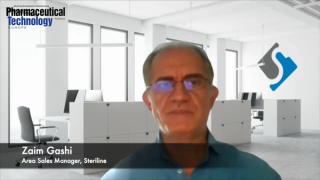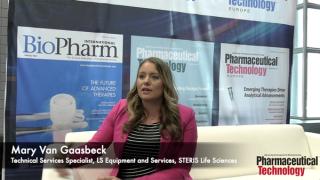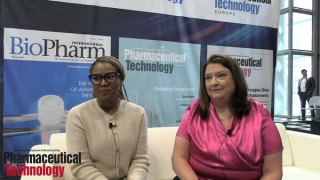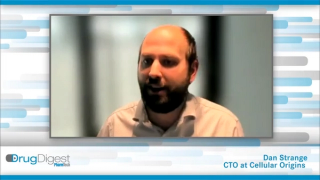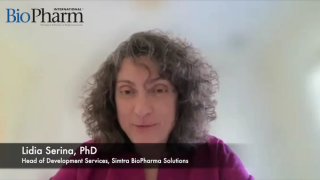
Manufacturing, Aseptic Processing
Latest News
Latest Videos
More News

Compliance and competitiveness are key factors in aseptic processing, says Siegfried Schmitt, PhD, vice president, Technical at Parexel.

All CGMP requirements, including supporting activities, are critical in aseptic sterile manufacturing to ensure product quality and patient safety, says Susan J. Schniepp, distinguished fellow at Regulatory Compliance Associates.
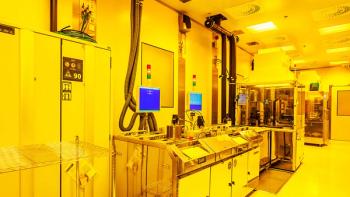
As biopharma anticipates the “Facility of the Future,” a definition of what closed processing is, and quantification of its value, can be helpful information.
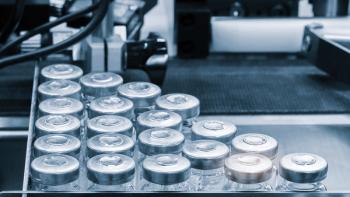
Aseptic fill/finish of biopharmaceuticals requires an understanding of the structure and limitations of each molecule.
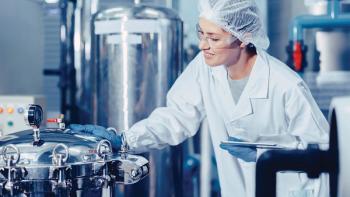
In this article, the authors explored the elimination of a water rinse and blow down following the caustic wash step, examining potential safety considerations, the effect on the quality of the cleaning process, and the potential benefit of implementing this change.
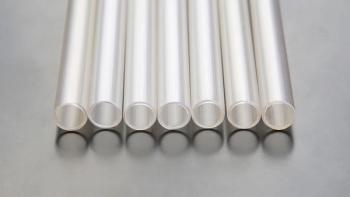
Gamma irradiation is being supplemented with alternative technologies.

Novo Nordisk plans to invest $4.1 billion in a second fill/finish manufacturing facility in Clayton, N.C., boosting its current 2024 investments into production to $6.8 billion.

Technological advances are aiding manufacturers to streamline aseptic processes and improve time-to-market.
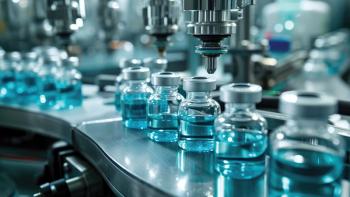
The rising demand for biologics and technological innovations are driving blow-fill-seal capacity, harnessing manufacturing efficiency, and benefitting patients.
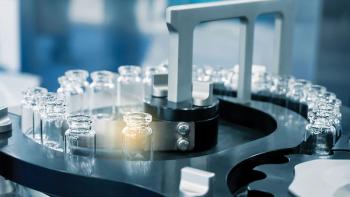
Sterile filtration and use of sterile single-use materials provide the best solutions depending on vector size.

CDMO White Raven aims to reduce contamination risk and gain the capability to handle multiple product formats with the installation of Cytiva’s SA25 Aseptic Filling Workcell.

Novo Nordisk to Make Multi-Billion Dollar Investment in Expansion of Production Facilities in France
Novo Nordisk will invest more than DKK 16 billion (US$2.3 billion) to expand its production facilities in Chartres, France.
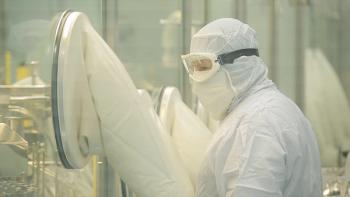
Single-use technologies provide a barrier between operators and drug products, allowing for sterility and personnel safety in manufacturing.

EMS is a leader in the cleanroom industry, delivering complete cleanroom monitoring and control solutions, services to customers, and ensuring quality by design from inception to process control.
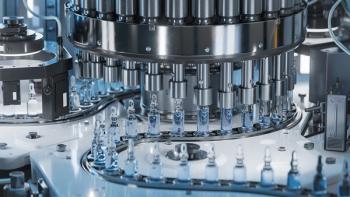
Can CDMOs apply lessons learned from the COVID-19 pandemic to improve sterile processing?

Steriline will be exhibiting its vial filling and capping machine (VFCM100) under double-wall isolator for aseptic filling at CPHI 2022 in Frankfurt, Germany, on Nov. 1–3, 2022.
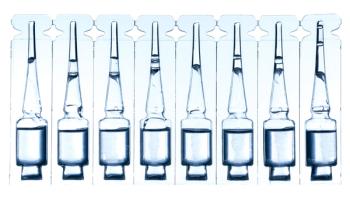
BFS technology can help maintain sterility during the biologics manufacturing process.

Boehringer Ingelheim will use Virtuosi to train employees at three aseptic sites across its network.
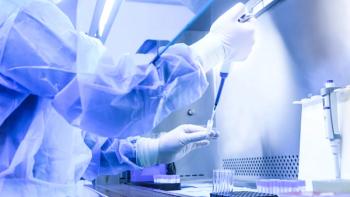
The complex nature of biologics creates challenges for GMPs in sterile manufacturing, and the EU’s Annex 1 is making an impact.

PCI Pharma Services is investing $100 million in manufacturing capabilities and capacity expansion to its Bedford, NH facility.
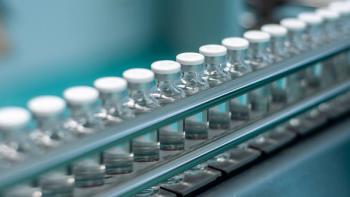
Understanding both the challenges and solutions of aseptic manufacturing.

INCOG Biopharma has completed the construction of its cleanroom production area, marking a milestone in the completion of an overall $100 million investment in a new facility.

G-CON’s signature standardPOD cleanrooms will now be available in Europe.

Moderna and Thermo Fisher Scientific have formed a collaboration to leverage dedicated commercial fill/finish manufacturing capacity in the US for mRNA vaccines and therapies.

Fareva plans to use blow-fill-seal equipment and ApiJect’s prefilled injector technology to create fill/finish capacity in France.




